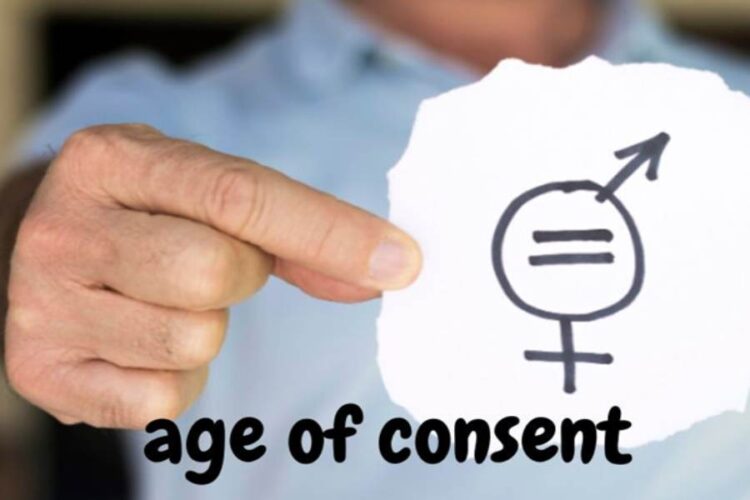You’ve probably heard people mention the term age of consent before, especially when legal trouble is involved in a relationship between someone young and someone older. In the simplest terms, the age of consent is the legally defined age at which a person is considered mature enough to agree to sexual activity.
In many parts of the world, and across the United States, this legal age usually falls somewhere between 16 and 18. But the truth is, the age of consent doesn’t exist in a vacuum; it’s deeply tied to how the law views adulthood, responsibility, and power differences between people of different ages.
The idea behind these laws is to protect young people, especially minors, from being exploited or taken advantage of. And that protection is built into the law very firmly. Even if a younger person says yes, or even if they initiated sexual activity, the law may still say they weren’t old enough to legally make that decision.
What Does Consent Actually Mean in Legal Terms?
The word “consent” in everyday conversation often means that someone verbally agrees to something. But in law, especially when talking about sexual activity, consent has a very specific meaning.
If someone is under the legal age of consent in their state, the law does not recognize their consent to sex as valid, no matter what they say or do. That means you can’t argue that the younger person agreed to it, because the law doesn’t consider that kind of agreement legal.
And this is crucial: even if their parents approve of the relationship or the minor doesn’t want to press charges, the adult involved can still be charged. The law is designed to protect minors regardless of what they or others around them may feel about the situation.
Is It Illegal to Date Someone Underage?
Dating by itself isn’t a crime, but any sexual contact is where the law draws the line. Two people can go to the movies, hold hands, or kiss without breaking the law. But once there is any form of sexual activity, things change fast.
This isn’t just about intercourse. Sexual contact of any kind, including touching certain body parts or engaging in anything meant for sexual gratification, can be considered a sex offense if the younger person is below the age of consent.
What many people don’t realize is that the law often includes behavior that may not even involve intercourse. In some states, just touching the genitals or buttocks, or engaging in any sexual act, can result in charges like lewd conduct, sexual abuse, or even child sexual assault.
How Do Age of Consent Laws Work Across Different States?
Not every state in the US has the same rules. Most states set the age of consent somewhere between 16 and 18, but each state also has its own take on what exceptions (if any) apply.
For example, some states have Romeo and Juliet laws. These laws exist to protect teenagers and young adults who are close in age from being punished as criminals for consensual sexual activity. In these states, if the people involved are within a certain number of years apart (usually 3 or 4), then the older person might not be charged, even if one person is technically under the legal age of consent.
But these laws don’t give a free pass. If the age gap is too large, or one of the people is much older (especially over 18), then it can still be a crime. Also, not all states have these close-in-age exemptions, so someone could be charged for statutory rape even if the younger person is just a few months shy of the legal age.
What Happens If Someone Violates These Laws?
If a person breaks these laws, they can face criminal charges, and not just minor ones. Statutory rape, sexual assault, unlawful sexual contact, and other charges can apply depending on what happened, the ages involved, and the state the incident occurred in.
These are often felonies, which means serious consequences: prison time, large fines, and mandatory registration as a sex offender in many cases.
And that sex offender label can stick for life. It affects everything from where someone can live to where they can work and even what kind of future relationships they can have. In some states, even if it’s a first offense and the parties were close in age, a conviction might still require registration and follow-up with law enforcement for years to come.










